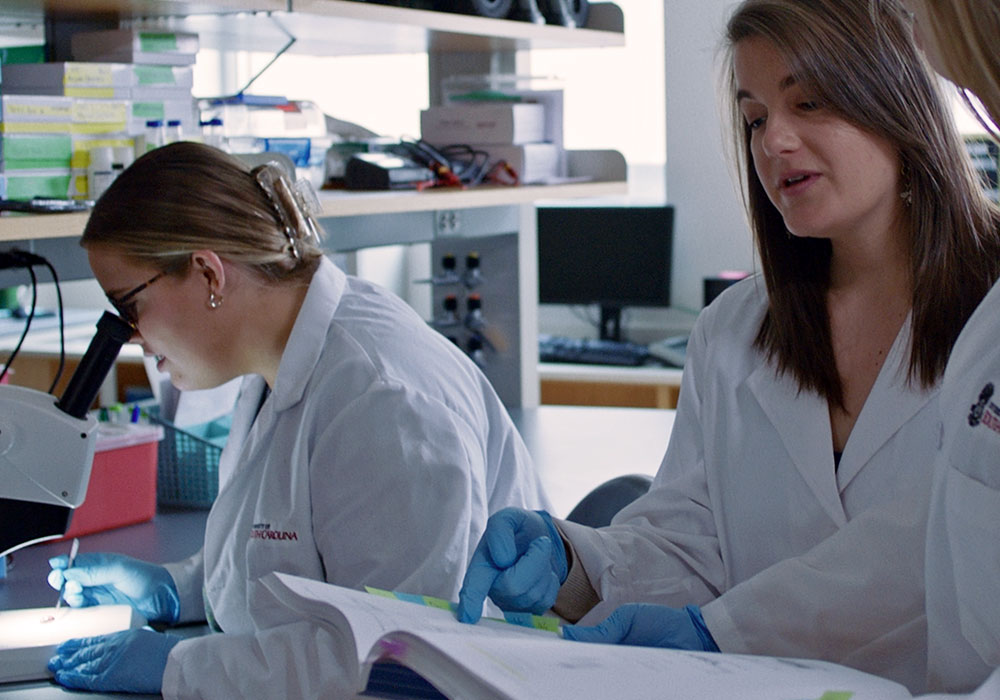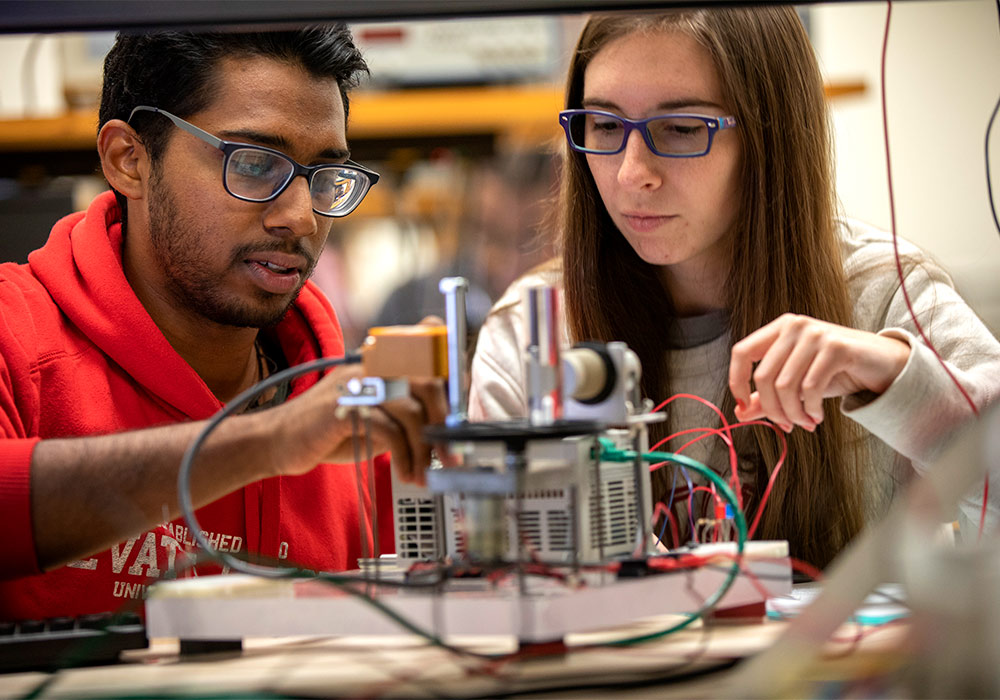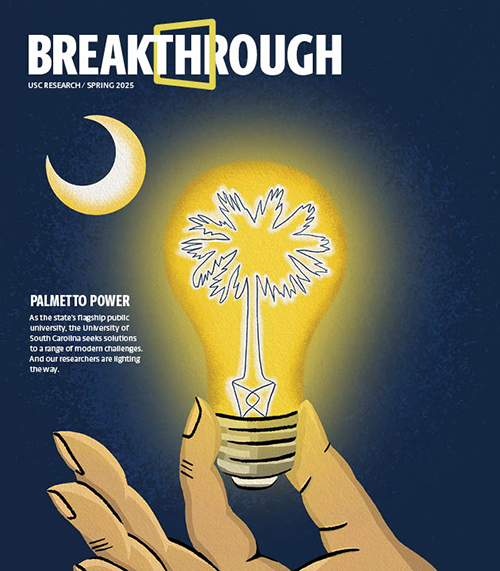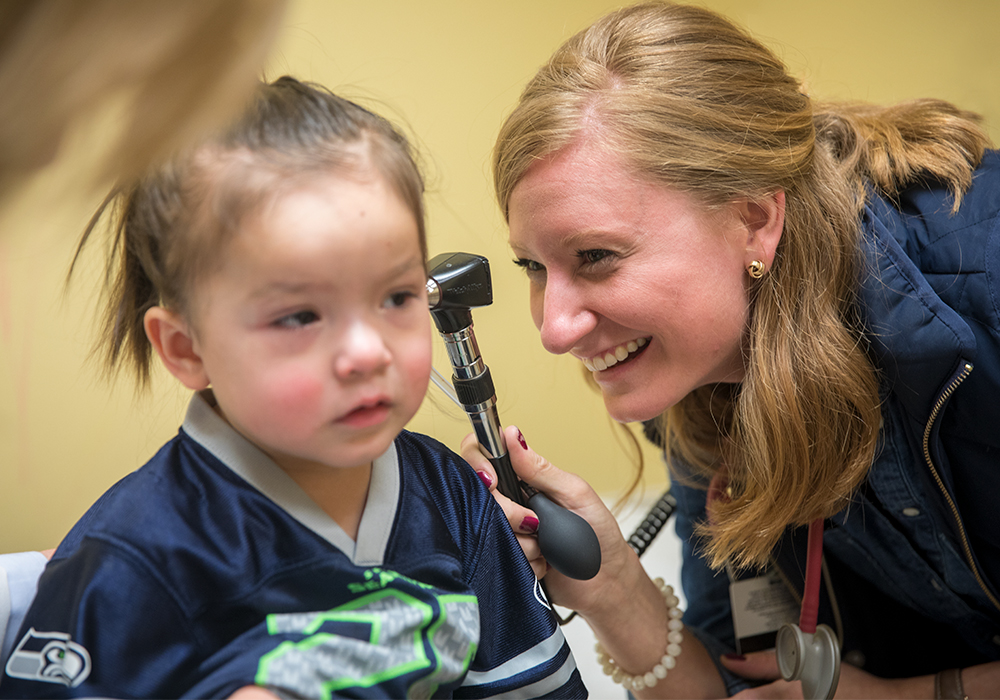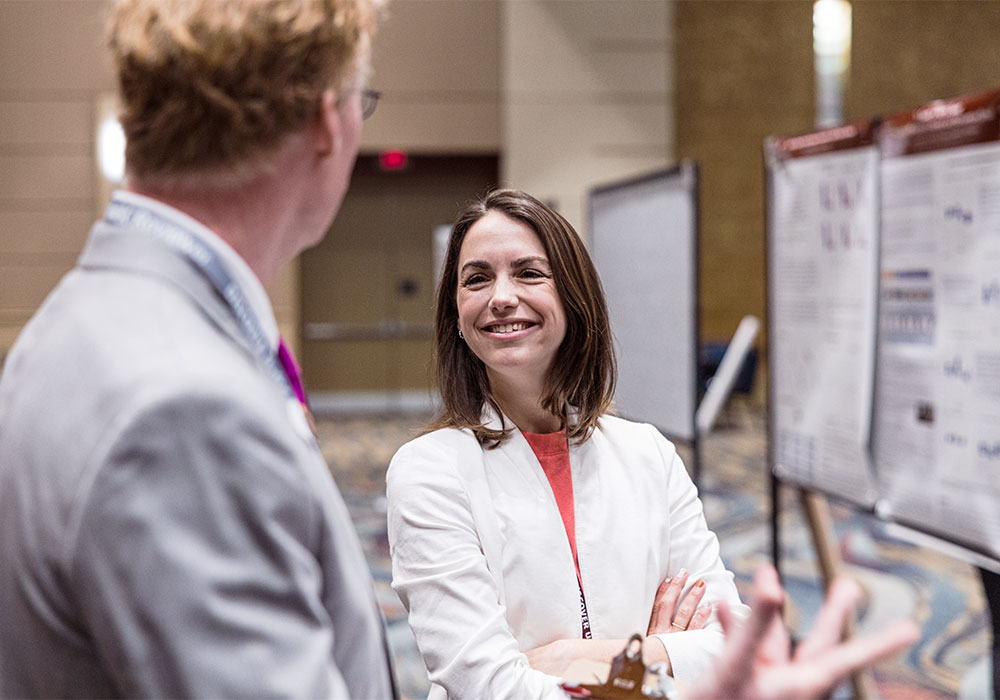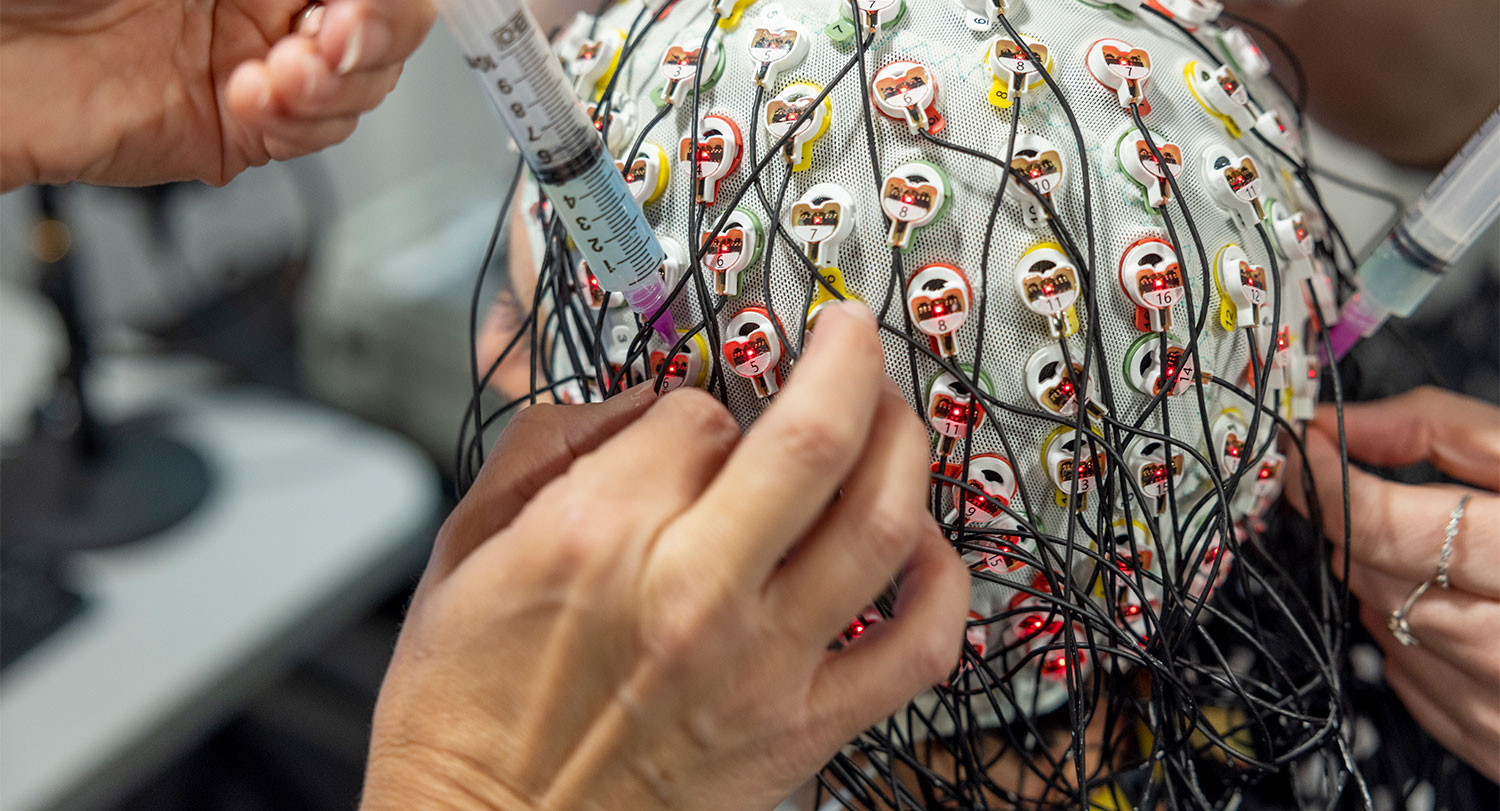
Research at South Carolina
Research is a learning tool of the highest order at the University of South Carolina. Discovery allows us to illuminate history, contextualize the present, and help plan for what’s to come.
Scientific research, scholarship and creative activity abound throughout USC. That focused presence within nearly all colleges, departments and campuses of the state’s flagship university is one reason USC has earned the top research designation from the Carnegie Foundation.
-
Future focused.
USC is home to interdisciplinary expert research teams that are exploring solutions to five scientific and societal challenges facing South Carolina. Their discoveries can have wider implications — benefitting any state grappling with these significant scientific and societal challenges.
Research Institutes -

-
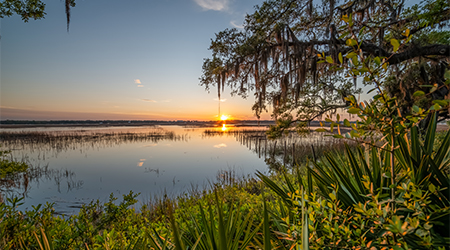
-

-

-

Research Spotlights
-

Gamecock nurses lead the way in health care delivery
From faculty members inventing new tools to help students learn the intricacies of treating heart defects in infants to opening up pathways to nursing careers for people with disabilities, the University of South Carolina College of Nursing is stepping up every day.
-

Researchers find rare intestinal parasite could affect 1 in 20 South Carolinians
Strongyloides stercoralis is an intestinal parasite rarely seen in the U.S. University of South Carolina researchers Dr. Melissa Nolan and Dr. Matthew Haldeman wondered if these worms might still be lingering under the radar in South Carolina. What they found surprised them.
-

Data centers told to pitch in as storms and cold weather boost power demand
The government directed data centers to turn on backup generation in parts of the U.S. Conor Harrison, an associate professor of geography in the School of Earth, Ocean and Environment, co-authors this story for The Conversation on how expanding distributed generation could improve grid resilience.
-

2026 heart health faculty experts list
February is American Heart Month. The University of South Carolina is home to many faculty members who are available to offer their expertise in cardio care and research.
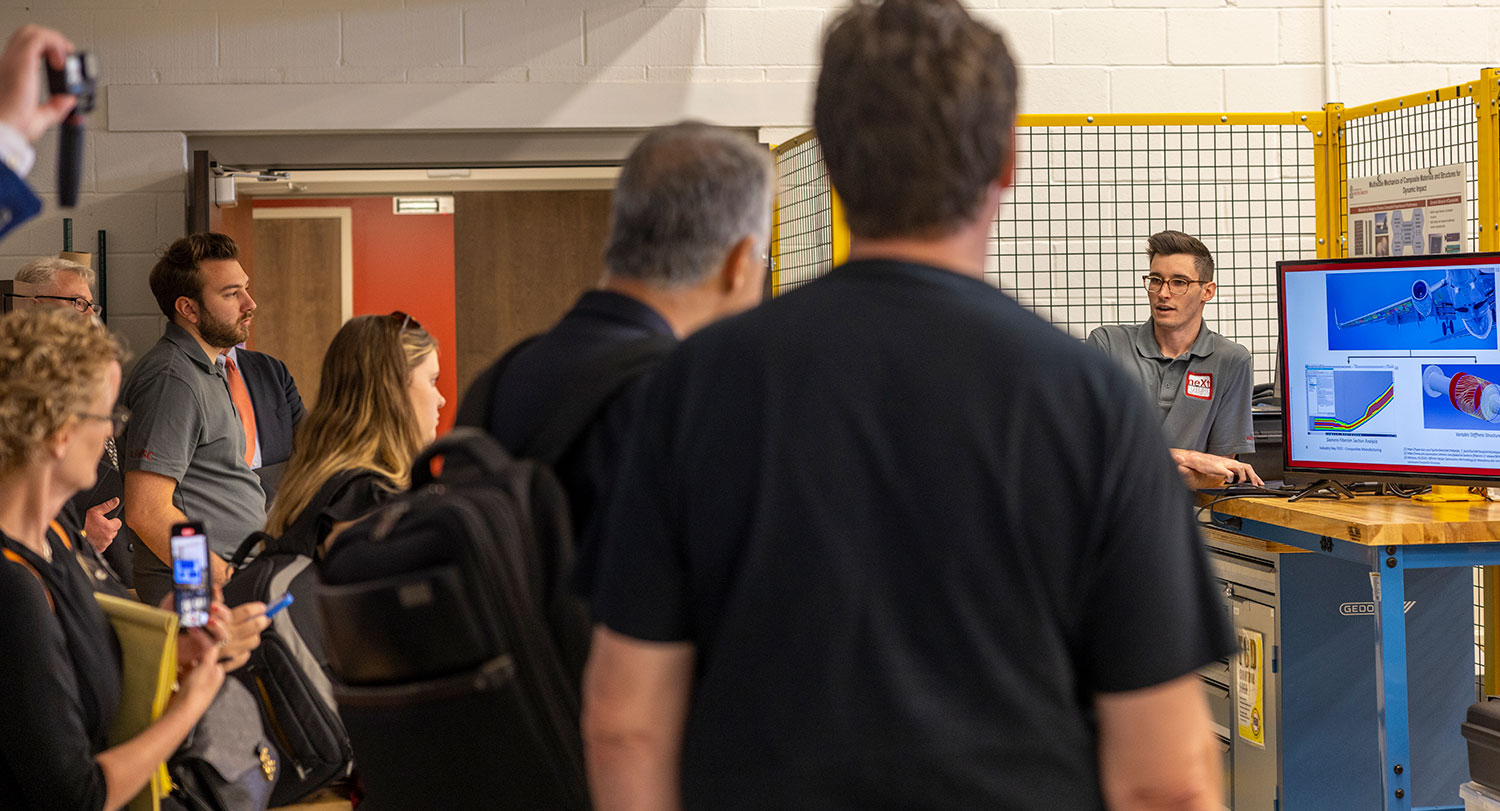
Let's build a better world.
The resources of the University of South Carolina are poised to address local and global challenges. We work with public and private collaborators to provide our researchers with the resources and infrastructure they need to make a difference.
Partnership Opportunities